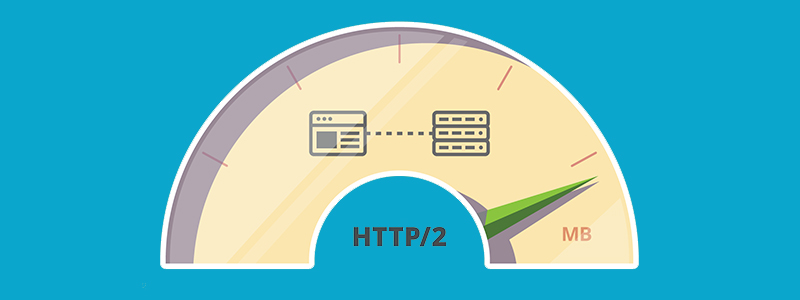 HTTP is the protocol that handles the conections between the web server and the browser. HTTP/2 is an important review of the HTTP protocol used by world wide web. Is the new version of HTTP after HTTP 1.1 which was standardized in 1997.
HTTP is the protocol that handles the conections between the web server and the browser. HTTP/2 is an important review of the HTTP protocol used by world wide web. Is the new version of HTTP after HTTP 1.1 which was standardized in 1997. How the HTTP/2 work? Its operation focuses on optimizing the content flow between users and servers. The new version of this protocol is fully compatible with the previous one, which was HTTP 1.1, which has as result web pages running just as well either with one protocol or the other. The choice for which protocol will use between HTTP 1.1 and HTTP/2 is whether it is supported by both the browser used and the server where the website is hosted. If both support HTTP/2 then this will be selected. Using the new HTTP version some new features will be used such as compression, multiplexing and the server push in order to optimize the connection. If HTTP/2 is not supported on both sides (user browser, web server) then HTTP 1.1 is used on both sides.
A great part of the functionality of the original protocol has remained, the reason this has been done is to have compatibility between these two protocols. However, there are some differences between HTTP 1.1 and HTTP/2 which will be discussed below.
Simultaneous connections or multiplexing
With HTTP 1.1 only one resource is returned at a time, whereas with HTTP/2 many resources are returned simultaneously through a single connection, as shown in the image below.

Header compression
Every request made through HTTP contains header information. With HTTP 1.1 in one session many headers are repeated. Unlike HTTP/2 removes unnecessary headers and then compresses the rest, before the sending.
Binary form
With HTTP 1.1 the data is sent in text format, whereas HTTP/2 is sent in binary format. This reduces the amount of errors and inadequacies in the text format.
Server push
With HTTP 1.1, servers have to wait for a user to start a connection. In HTTP/2, however, servers have the ability to provide resources for users preventively before the connection starts.
Most browsers like Microsoft Edge, Firefox, Chrome, Safari and Chrome for Android support HTTP/2, as well as several web servers like Apache and NGINX. Hosting services of innoview.gr provide this opportunity.
Check out the innoview.gr hosting service today and benefit!
